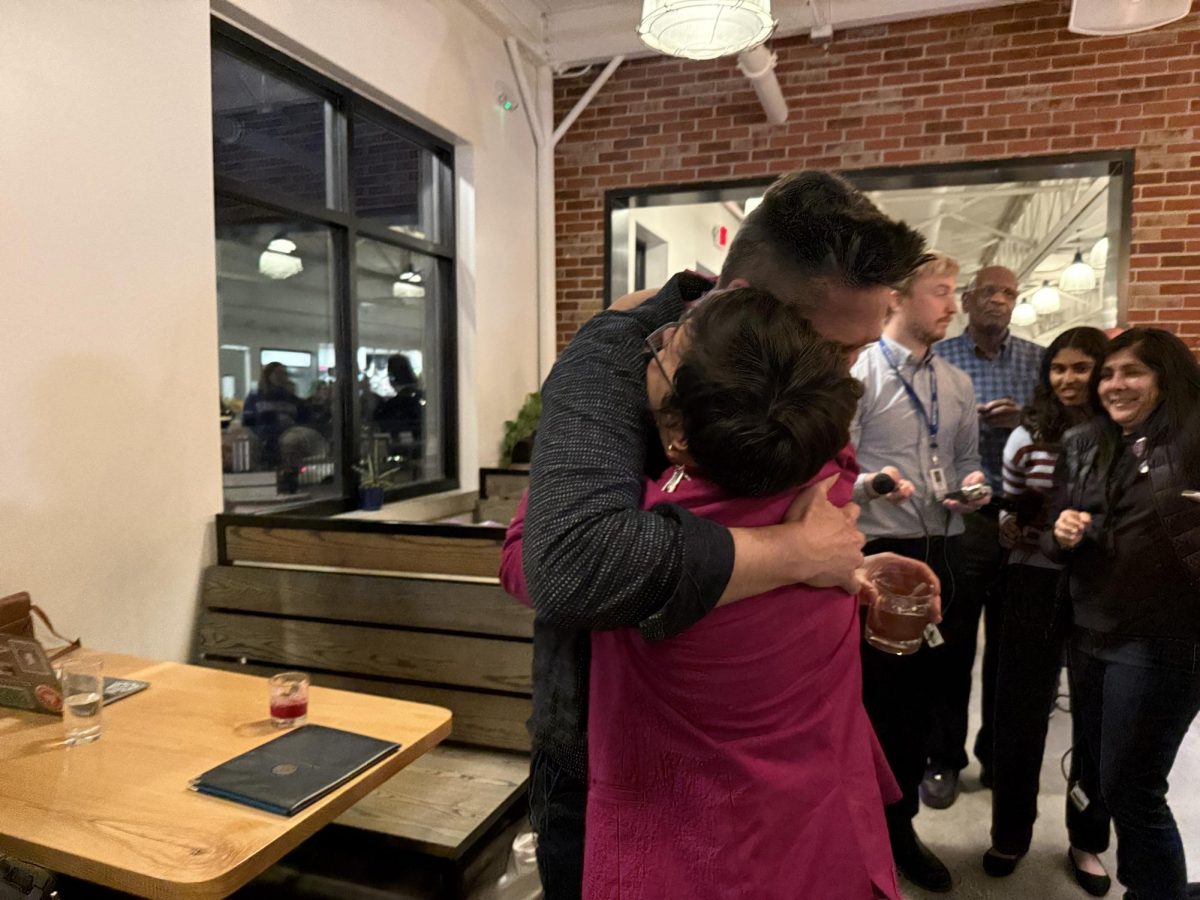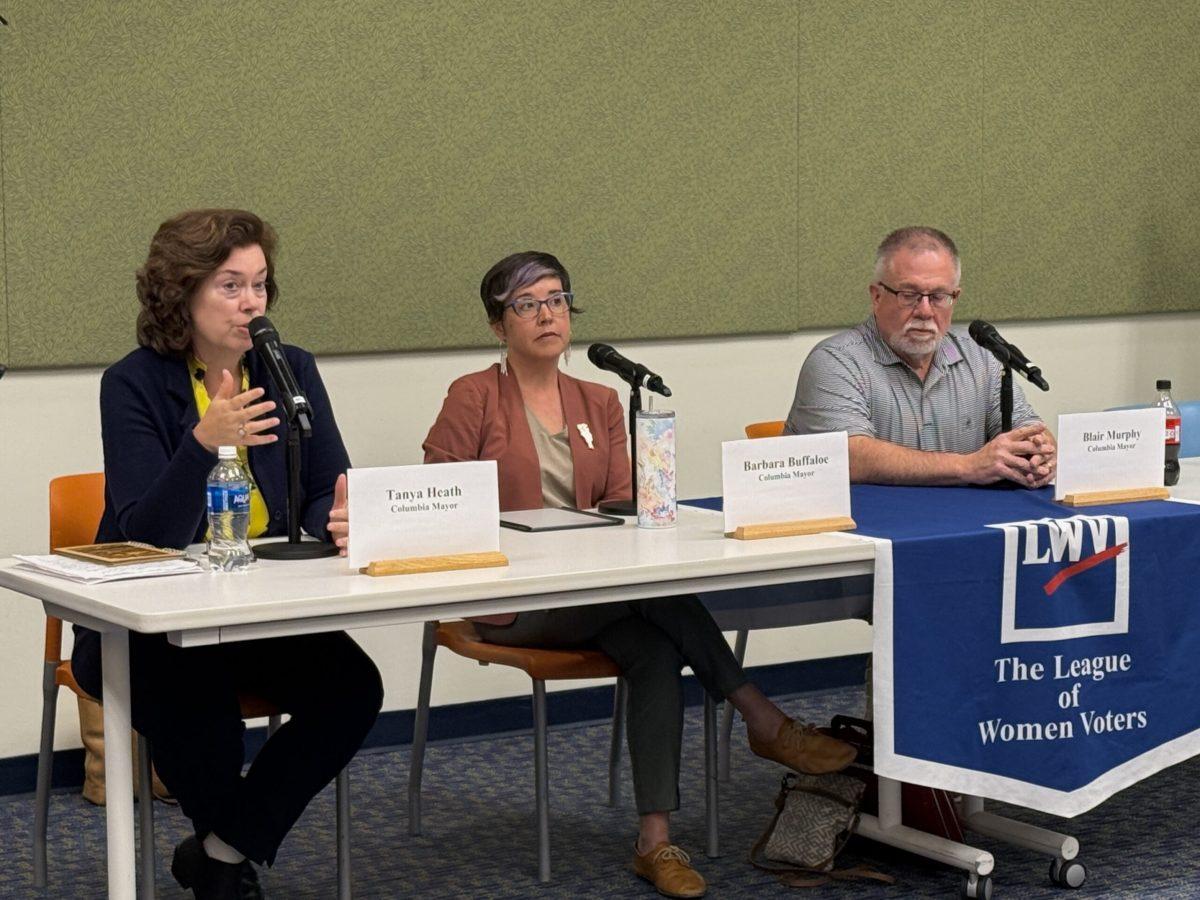While MU adapts to the largest freshman class in school history, expansions are also being made in the virtual campus of Mizzou Online.
Looked upon as an investment, MU is directing $2.5 million to the development of distance education.
“The money will be used to help with the development of 10 to 15 new online degree programs within the next few years,” said Jim Spain, vice provost for undergraduate studies and interim vice provost for e-learning. “These will add to the 66 programs currently available throughout the University.”
With 696 courses, 590 offered online and 106 through off-campus centers, the school provides distance education to all areas of the United States as well as international students, Spain said.
With 2,900 students enrolled in distance programs and 9,000 students taking online courses, the faculty has to find ways to deal with the issue of academic integrity.
“We spend quite a bit of time working to prevent academic dishonesty, whether that be through a random question generator or requiring students to take proctored exams,” Spain said. “For international students we’ll work with international institutions and request their cooperation for proctoring exams.”
According to the Mizzou Online website, distance education began more than a century ago with the development of “Correspondence Study” with the help of the postal service.
Although mail-in courses have since ceased to be offered, the success of the program speaks for itself. MU is ranked second in the SEC for a number of programs offered and third overall in the American Association of Universities, Spain said.
School of Nursing Dean Judith Miller offers one reason for the programs popularity.
“It allows adult learners to continue working and caring for families while at the same time trying to obtain a degree,” Miller said. “Students and adult learners are now able to attain a degree who wouldn’t otherwise have the opportunity.”
The School of Nursing offers bachelor’s programs as well as two master’s programs and two Ph.D. programs through distance education. For programs such as these, where work experience is needed, the course requires the students to spend a few days on campus.
“Some programs require summer intensives so students can learn how to use the technology they need, while others require a few campus days, which are all day immersion programs.” Miller said.
New technology such as video communication via Blackboard is helping to improve this aspect of online education. These on-campus intensives are one solution to a concern felt by Spain and other faculty members. With the new expansion moving forward, improvements to communication as well as the courses themselves will be seen in the next few years.
“We have the same concerns as anywhere else that offers distance education,” Spain said. “Our faculty are concerned about student learning that happens if we deliver courses online rather than in a face-to-face classroom setting.”






